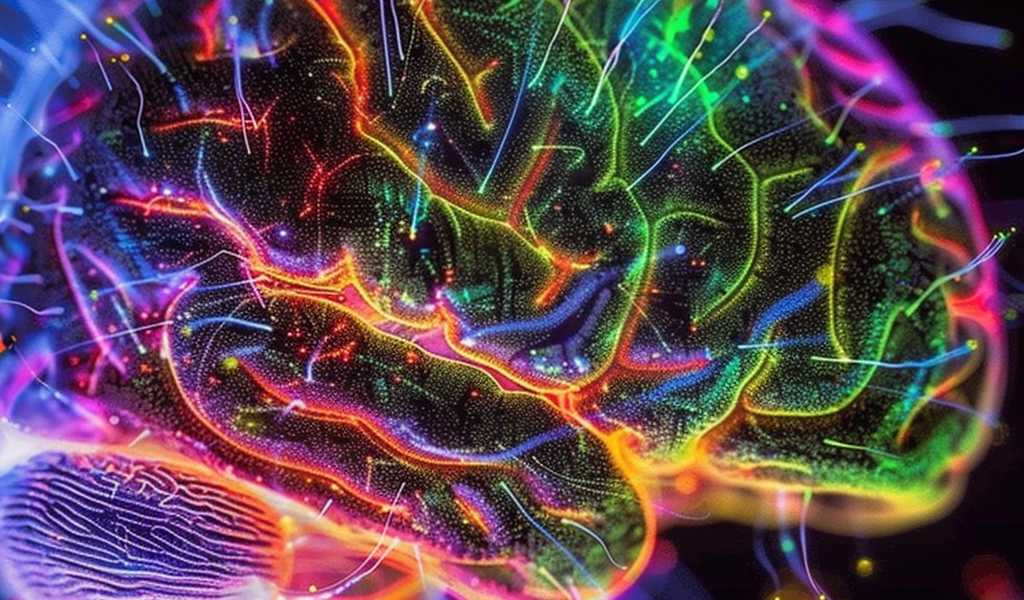A recent study published in Nature Medicine has shed light on a groundbreaking development in the treatment of obsessive-compulsive disorder (OCD) through deep brain stimulation (DBS) therapy. The research, conducted by a team of experts including Nicole R. Provenza and Sameer A. Sheth, focused on identifying neural predictors of clinical response in individuals with treatment-resistant OCD.
The study, which was conducted on 12 patients undergoing DBS therapy for OCD, utilized continuous neural recordings in the ventral striatum region to develop neurobehavioral models. These models were then tested and validated in a cohort of seven additional patients, revealing promising results.
Before the activation of DBS treatment, the study found that theta/alpha (9Hz) power in the neural recordings exhibited a distinct circadian pattern and high predictability in patients experiencing severe symptoms. Interestingly, patients who showed improvement in their symptoms post-DBS treatment displayed a significant reduction in the predictability of neural data, while those who remained symptomatic maintained consistently high predictability.
This unique neural feature was able to accurately classify the clinical status of patients, even in cases with limited duration recordings. The findings suggest that this neural predictor could play a crucial role in guiding therapeutic decision-making for individuals undergoing DBS therapy for OCD.
This research marks a significant advancement in the field of surgical neuromodulation, offering insights into the potential use of continuous intracranial monitoring to enhance treatment outcomes for individuals with treatment-resistant OCD.





